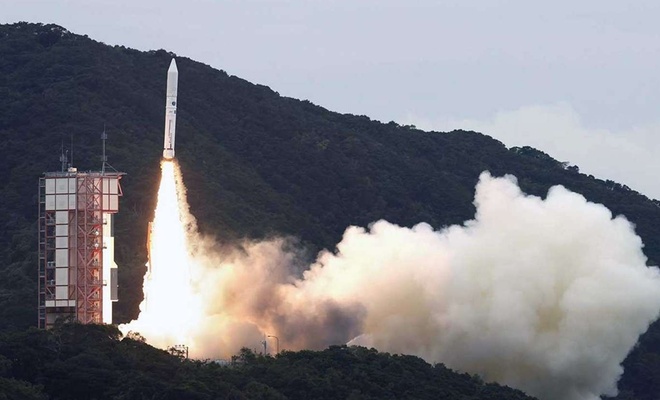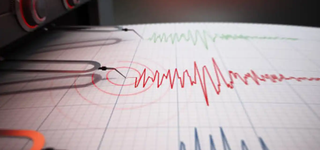Japan’s launch of Epsilon-6 rocket fails-- space agency
An Epsilon-6 rocket carrying eight satellites into orbit on Wednesday suffered a malfunction after takeoff and was ordered to self-destruct, the Japan Aerospace Exploration Agency said.

 Google News'te Doğruhaber'e abone olun.
Google News'te Doğruhaber'e abone olun. “The Epsilon-6 rocket was not in the right position to orbit around the Earth and its flight had to be aborted less than seven minutes after takeoff from the Uchinoura Space Center in the southern Japanese prefecture of Kagoshima,” the agency said. “We deeply apologize for not being able to meet the expectations of everyone involved, including the local community, and everyone involved with the onboard satellite.”
The agency also noted that it had set up a countermeasures headquarters headed by President Yamakawa, to investigate the cause.
The Epsilon rocket is a Japanese solid-fuel rocket designed to launch scientific satellites. It is a follow-on project to the larger and more expensive M-V rocket which was retired in 2006.
The Japan Aerospace Exploration Agency (JAXA) began developing the Epsilon in 2007. It is capable of placing a 590 kg payload into Sun-synchronous orbit. (ILKHA)



















































